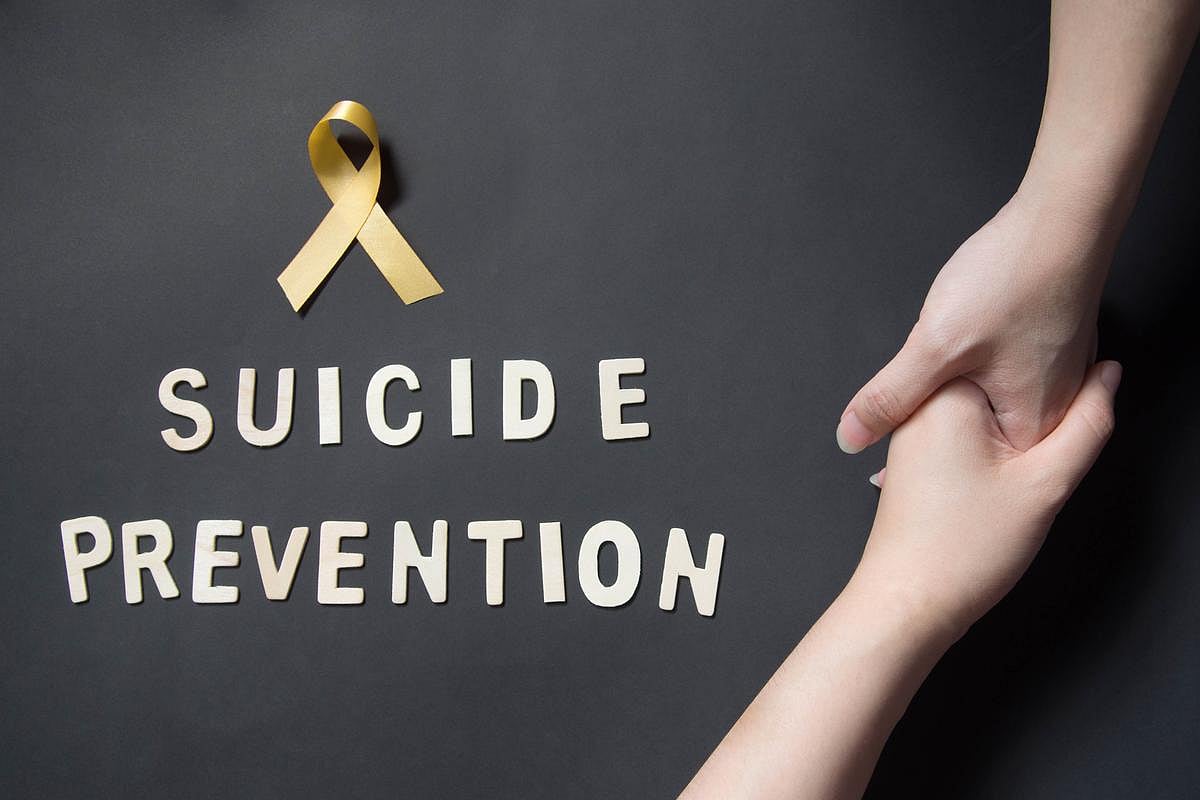- Covid Rapid Antigen Test *NEW* Price - $50.00
- No Appointments required - Call 716-799-8700
Manténgase sano!

- Dennis Thompson
- Posted November 13, 2024
Telehealth Can Help Prevent Suicide in Those at High Risk
Therapy provided via telehealth can reduce a person’s risk of suicide, a new study reports.
Cognitive behavior therapy reduces suicide attempts and suicidal thoughts even if delivered for a short time via telehealth, according to results published Nov. 12 in the jouirnal JAMA Network Open.
That's good news, given that therapy these days is more often delivered virtually, said researcher Justin Baker, a clinical psychologist at Ohio State University.
“The impetus for this research question was the nearly overnight shift from mostly in-person to mostly virtual therapy appointments following the onset of the COVID-19 pandemic,” Baker said in an Ohio State news release. “Historically, high-risk patients were considered inappropriate candidates for virtual healthcare, due to risk and liability concerns.”
For the study, researchers randomly assigned 96 U.S. adults to randomly receive via telehealth either:
Suicide-focused cognitive behavioral therapy, which taught them how to manage and change distressing emotions and negative thinking
Present-centered therapy, which helps participants respond to stresses in their life
Present-centered therapy has been proven an effective way to reduce depression and suicidal thoughts, researchers noted.
But in this study, cognitive behavioral therapy outperformed present-centered therapy in reducing suicide attempts among telehealth patients, researchers found.
Still, both therapies reduced suicidal thoughts in patients, results showed.
“For those suffering with suicidal thoughts and behaviors, we have good, tested treatments that will lead to significant symptom reduction and improved quality of life,” said researcher Craig Bryan, director of the Ohio State University Suicide Prevention Program.
“Even with lessening restrictions, many therapists are keeping a portion of their telehealth practice post-pandemic,” Bryan added. “This study has the potential to increase access to needed evidence-based treatments for those in rural and hard-to-reach areas.”
If you or a loved one are experiencing a suicidal crisis or emotional distress, call the Suicide and Crisis Lifeline at 988.
More information
The National Institute of Mental Health has more on suicide prevention.
SOURCE: Ohio State University, news release, Nov. 12, 2024
